
All categories
Featured selections
Trade Assurance
Buyer Central
Help Center
Get the app
Become a supplier

(3580 products available)




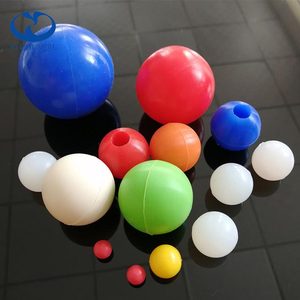



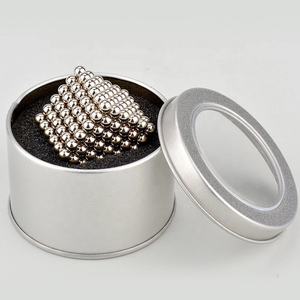






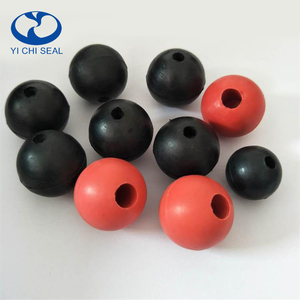



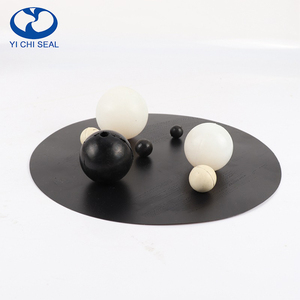


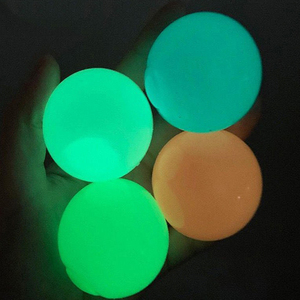
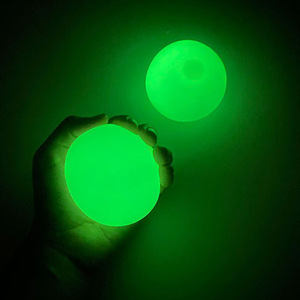
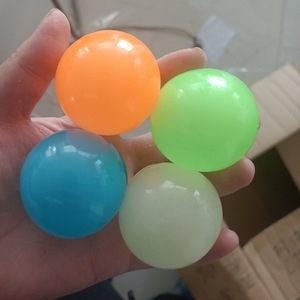




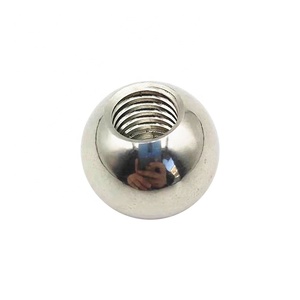

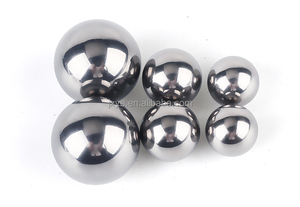


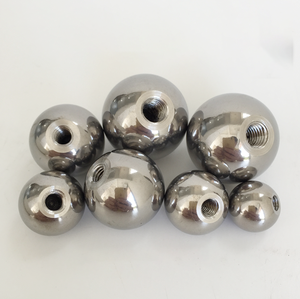



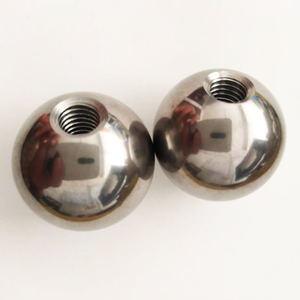

metric tooling balls are integral components in the field of power transmission, serving as essential elements within bearing systems. These spherical objects are typically made from steel or ceramic materials, and their primary role is to reduce friction between moving parts, allowing for smooth and efficient operation. The precision and quality of metric tooling balls have a direct impact on the performance and longevity of the machinery they are part of. They are used in a wide range of applications, from automotive engines to industrial machinery, where they ensure the seamless operation of rotating components. As technology advances, the design and material composition of metric tooling balls continue to evolve, offering enhanced durability and performance.
There are several types of metric tooling balls available, each suited to specific applications and bearing designs. Common types include chrome steel balls, stainless steel balls, and ceramic balls. Chrome steel balls are widely used due to their high hardness and wear resistance, making them ideal for high-load applications. Stainless steel balls offer superior corrosion resistance, making them suitable for environments exposed to moisture or chemicals. Ceramic balls, on the other hand, are known for their lightweight nature and thermal stability, often used in high-speed applications where reduced friction is crucial. Each type of metric tooling balls is engineered to meet specific performance requirements, ensuring optimal operation in its intended environment.
metric tooling balls play a critical role in minimizing friction and wear within bearings, ensuring smooth rotation of components. They provide uniform load distribution and high precision, contributing to the efficient operation of machinery. The spherical shape of metric tooling balls allows them to roll smoothly, reducing the contact area and friction between surfaces. Features such as high hardness and perfect roundness enhance their performance, ensuring long-lasting durability. Additionally, advancements in manufacturing technology have led to the production of metric tooling balls with extremely tight tolerances, further improving their efficiency and reliability.
The production of metric tooling balls involves the use of various materials, each offering distinct properties to meet specific application needs. Steel, particularly chrome steel, is a common material due to its high strength and wear resistance. Stainless steel is used when corrosion resistance is a priority, while ceramic materials like silicon nitride provide lightweight and thermal stability benefits. The choice of material impacts the metric tooling balls hardness, toughness, and resistance to wear and corrosion. During manufacturing, precise control over the composition and processing of these materials ensures the production of metric tooling balls with the desired mechanical properties and dimensional accuracy.
Using metric tooling balls effectively requires careful consideration of their specifications and the conditions they will operate under. Selecting the appropriate type and size of metric tooling balls based on load requirements and environmental factors is crucial for optimal performance. Proper installation within the bearing assembly ensures uniform load distribution and minimizes wear. Regular maintenance, including lubrication and inspection, helps extend the lifespan of metric tooling balls and maintain their performance. Understanding the operating conditions and ensuring compatibility with other bearing components is essential for maximizing the efficiency and durability of metric tooling balls in any application.
When selecting metric tooling balls, understanding the specific demands of your application is crucial. Considerations include the operational environment, load capacity, and rotational speed. For high-load applications, chrome steel metric tooling balls are preferred due to their hardness and durability. In environments where corrosion resistance is vital, stainless steel metric tooling balls are the better choice. If your application involves high-speed rotation, ceramic metric tooling balls offer reduced friction and thermal stability. Each material and design offers distinct advantages, so aligning these properties with your operational requirements is essential for optimal performance.
The size and tolerance of metric tooling balls are equally important factors to consider. Precision manufacturing ensures that metric tooling balls fit perfectly within the bearing assembly, maintaining balance and reducing vibration. Choose the size that complements your bearing design to ensure efficient load distribution and minimize wear. Additionally, consider the surface finish and roundness of metric tooling balls, as these attributes directly impact the efficiency and lifespan of the bearing system.
The choice of material for metric tooling balls significantly affects their performance. Key considerations include the operational environment, such as exposure to moisture or chemicals, which would necessitate corrosion-resistant materials like stainless steel. For high-speed applications, ceramic materials are ideal due to their lightweight and thermal properties. The load capacity and wear resistance requirements of your application will also influence material selection.
metric tooling balls are crucial in reducing friction and wear in rotating components, supporting smooth and efficient machinery operation. Their spherical shape allows for even load distribution and minimal contact area, reducing energy loss due to friction. The precision and quality of metric tooling balls ensure minimal vibration and noise, enhancing overall machinery efficiency.
Yes, metric tooling balls can be customized to meet specific application requirements. Customization options include material choice, size, and surface finish. For instance, applications requiring extreme precision may benefit from metric tooling balls with tighter tolerances and superior surface finishes. Additionally, custom coatings can be applied to enhance corrosion resistance or reduce friction further.
Regular maintenance is vital for prolonging the lifespan of metric tooling balls. This includes routine lubrication to minimize friction and wear, as well as periodic inspections to detect any signs of damage or wear. Ensuring that metric tooling balls are properly aligned and free from contaminants will also help maintain their performance and longevity.
Common signs of wear in metric tooling balls include surface pitting, increased noise during operation, and excessive vibration. These indicators suggest that the metric tooling balls may no longer maintain the necessary precision and load distribution, potentially leading to machinery inefficiency or failure. Regular inspections can help identify these issues early, allowing for timely maintenance and replacement.